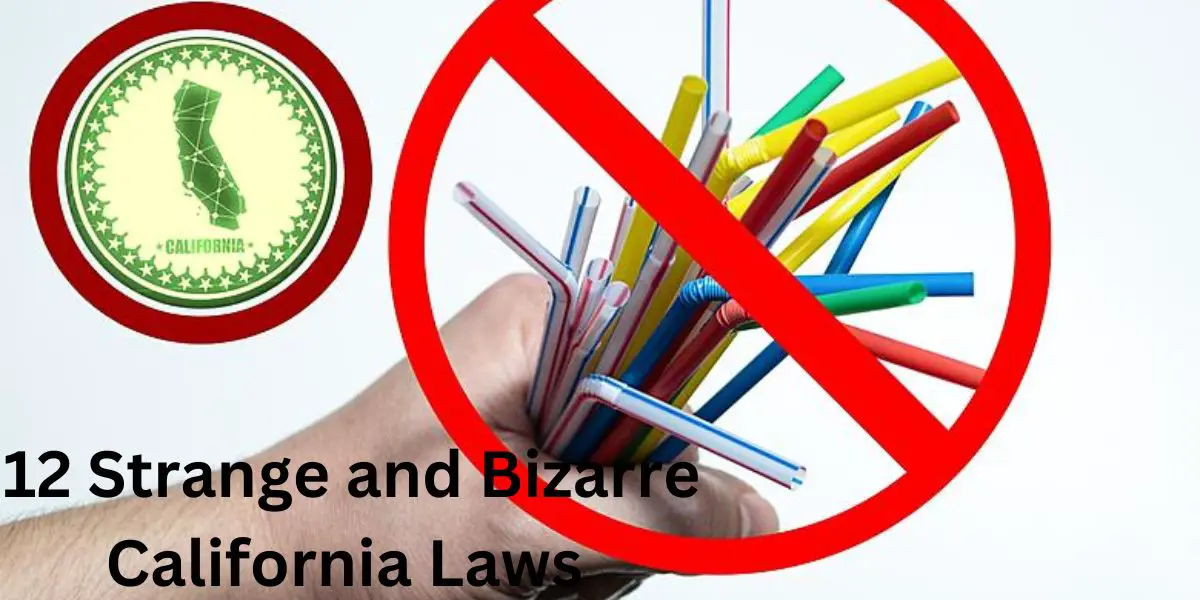Minnesota is poised for significant changes to its employment laws, impacting both workers and employers across the state.
These updates are expected to reshape workplace policies and practices, enhancing worker protections, increasing employer obligations, and addressing emerging issues in the workforce.
As the new laws are set to take effect, it’s essential for businesses and employees to understand how these changes will affect them.
What’s Driving the Change?
Minnesota’s employment law overhaul is part of an ongoing effort to improve workers’ rights, increase fairness in the workplace, and adapt to the changing dynamics of the labor market. With the rise of remote work, the growing demand for paid leave, and the need to address issues like wage theft and discrimination, these legislative changes aim to create a more equitable and supportive working environment for all Minnesotans.
The changes are also influenced by evolving federal regulations, societal demands for greater workplace fairness, and a desire to address long-standing issues like gender pay gaps, worker safety, and support for vulnerable populations. Here are some key areas where significant changes are expected:
1. Enhanced Worker Protections and Paid Leave
One of the most anticipated changes is the expansion of paid leave options for Minnesota workers. A new law, expected to be enacted soon, will require employers to provide employees with paid sick leave, a critical update in response to public health crises like the COVID-19 pandemic. This provision will ensure that workers can take time off when they are sick or need to care for a sick family member without the fear of losing income.

Additionally, the paid family and medical leave program is likely to expand, giving workers more time off for family and medical emergencies. This will allow Minnesota workers to take care of personal health issues or support their families during critical times without sacrificing their financial well-being.
2. Wage Transparency and Equal Pay Laws
Minnesota is also making strides toward closing the gender pay gap. The state is moving toward requiring employers to be more transparent about wages and salary ranges. Companies will soon be required to disclose the pay range for a given position in job postings, allowing job seekers to have a better understanding of what they can expect before applying.
Additionally, employers will be prohibited from asking about an applicant’s salary history, which is seen as a key step in reducing wage disparities between men and women. These changes are designed to promote fairness in hiring practices and ensure that all employees are paid fairly for their work.
3. Increased Workplace Safety and Health Standards
The pandemic has underscored the importance of workplace health and safety, prompting Minnesota lawmakers to strengthen safety regulations. New laws are expected to establish stricter guidelines for employers to ensure that their workplaces meet health and safety standards, especially in high-risk industries like healthcare and manufacturing.
Catching Soon! Alabama Laws on Dumpster Diving: Is It Legal or Illegal?
The new regulations will also mandate better reporting and tracking of workplace injuries and illnesses, with a particular focus on mental health. Employers will need to provide employees with the necessary resources to support mental well-being and reduce workplace stressors that could contribute to burnout and other mental health issues.
4. Changes to Non-Compete Agreements
Minnesota has also introduced changes to the enforcement of non-compete agreements. Under the new law, restrictions on employee mobility are expected to be limited. Non-compete agreements that prevent workers from taking new jobs in similar industries or roles will be subject to stricter scrutiny, and companies will need to provide more justification for imposing these types of agreements.
This shift is aimed at allowing workers more freedom to move between employers without facing unnecessary barriers to their career growth. It’s a move toward promoting employee autonomy and ensuring that businesses cannot unfairly restrict workers from pursuing opportunities that match their skills and experience.
5. Increased Employer Responsibilities for Remote Workers
Child Labor Violations at Hyundai Supplier in Alabama: US Labor Department Alleges in Lawsuit
As remote work continues to be a major trend in Minnesota, new laws are being enacted to address the needs of remote workers. Employers will be required to provide clear guidelines for remote work expectations, including support for employees working from home, such as reimbursement for work-related expenses like home office equipment and internet costs.
Employers will also need to ensure that remote workers have access to the same benefits, protections, and opportunities as their in-office counterparts. This includes access to paid leave, workplace safety protections, and equal opportunities for training and promotion.
6. Improved Enforcement of Anti-Discrimination Laws
Minnesota is also tightening its anti-discrimination laws to create a more inclusive and diverse workforce. Employers will be required to adopt more comprehensive anti-discrimination policies that go beyond race, gender, and age to include sexual orientation, disability, and other protected categories.
In addition to stronger policies, enforcement will become more robust. Employees who experience discrimination will have easier access to legal resources and support, and the state will allocate more resources to investigating and prosecuting discrimination claims.
What Does This Mean for Employers?
For businesses operating in Minnesota, these upcoming changes mean that they will need to review their current employment practices and ensure compliance with the new laws. Employers will need to:
- Revise employee handbooks to reflect updated leave policies, wage transparency practices, and anti-discrimination measures.
- Ensure that compensation practices align with new wage transparency and equal pay standards.
- Create a comprehensive remote work policy that addresses employee needs and ensures fairness.
- Develop new systems for tracking workplace health and safety, including mental health support programs.
Failure to comply with these new regulations could result in penalties, lawsuits, or damage to a company’s reputation, so proactive measures are essential for staying ahead of the changes.
What Does This Mean for Employees?
For workers in Minnesota, the upcoming changes represent a step toward greater fairness, equity, and support in the workplace. These laws will offer better job security, more transparency in compensation, and improved protections against discrimination and unsafe working conditions. Employees will also benefit from expanded leave options, more flexibility in remote work, and greater support for mental health.
Conclusion
Minnesota’s employment law overhaul is set to create a more equitable, transparent, and supportive environment for both workers and employers. With changes spanning paid leave, wage transparency, workplace safety, and anti-discrimination policies, these new laws are a reflection of the state’s commitment to improving the labor market and supporting its workforce.
As businesses prepare for these upcoming changes, both employers and employees should stay informed and make necessary adjustments to ensure compliance and maximize the benefits these new laws have to offer.




